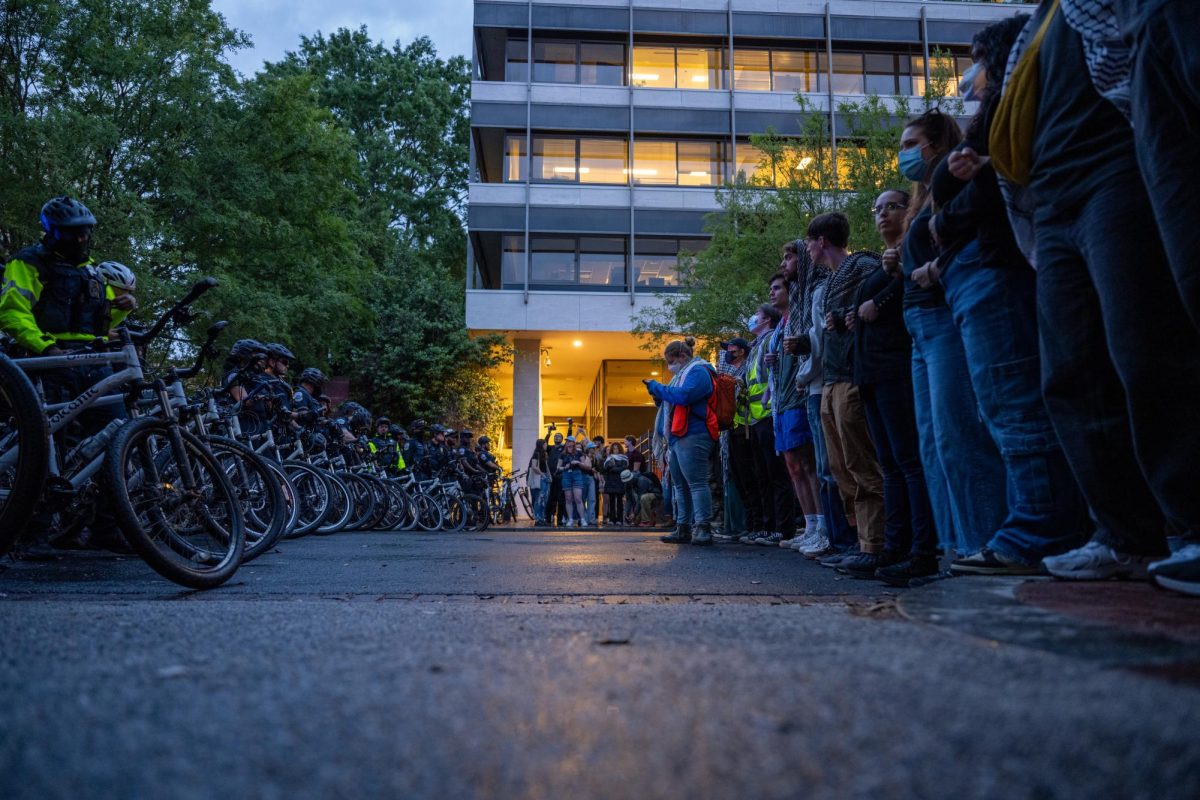The National Basketball Association’s six-month lockout of its players has ended finally. Players will be forced to earn a living with maximum salary caps of $14 million for 10-year veterans and a minimum salary of $275,000. For fans, it was difficult to figure out who to support during the lockout – greedy owners who want to maximize their revenues and minimize the money that goes to players, or greedy players who seemingly have no loyalties to teams or cities, only to whoever pays them more.
In a battle based solely on money, the people sidelined were not only the fans, but the people who make a living on the peripheries of the NBA – everyone from the people who clean the players’ locker rooms and owners’ luxury boxes to the people who work in restaurants and stores near NBA arenas. It was hard for most fans to sympathize with players such as the Celtics’ Kenny Anderson, who complained that the lockout would force him to sell one of his seven cars. When the average American household struggles to stay financially afloat on multiple salaries, millionaires who whine about the difficulty of being rich and famous just seem removed from reality.
Money has become the driving force behind most professional sports leagues. Using taxpayer money to build ultra-modern stadiums to entice teams and mind-boggling multimillion dollar contracts to lure players from other teams has become routine. What gets lost in the shuffle is what the loss of a team, a strike or lockout does to the tens of thousands of people who depend on the NBA and other professional sports leagues for their survival.
It is not Nike or Reebok that suffers when greed overtakes professional sports; the average fans who follow their teams religiously, the stadium employees and the small business owners who depend on pro sports are the ones who really got benched.





